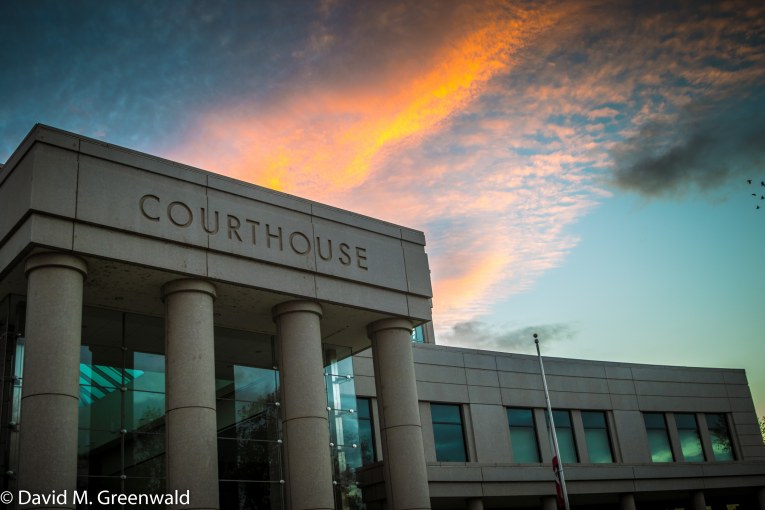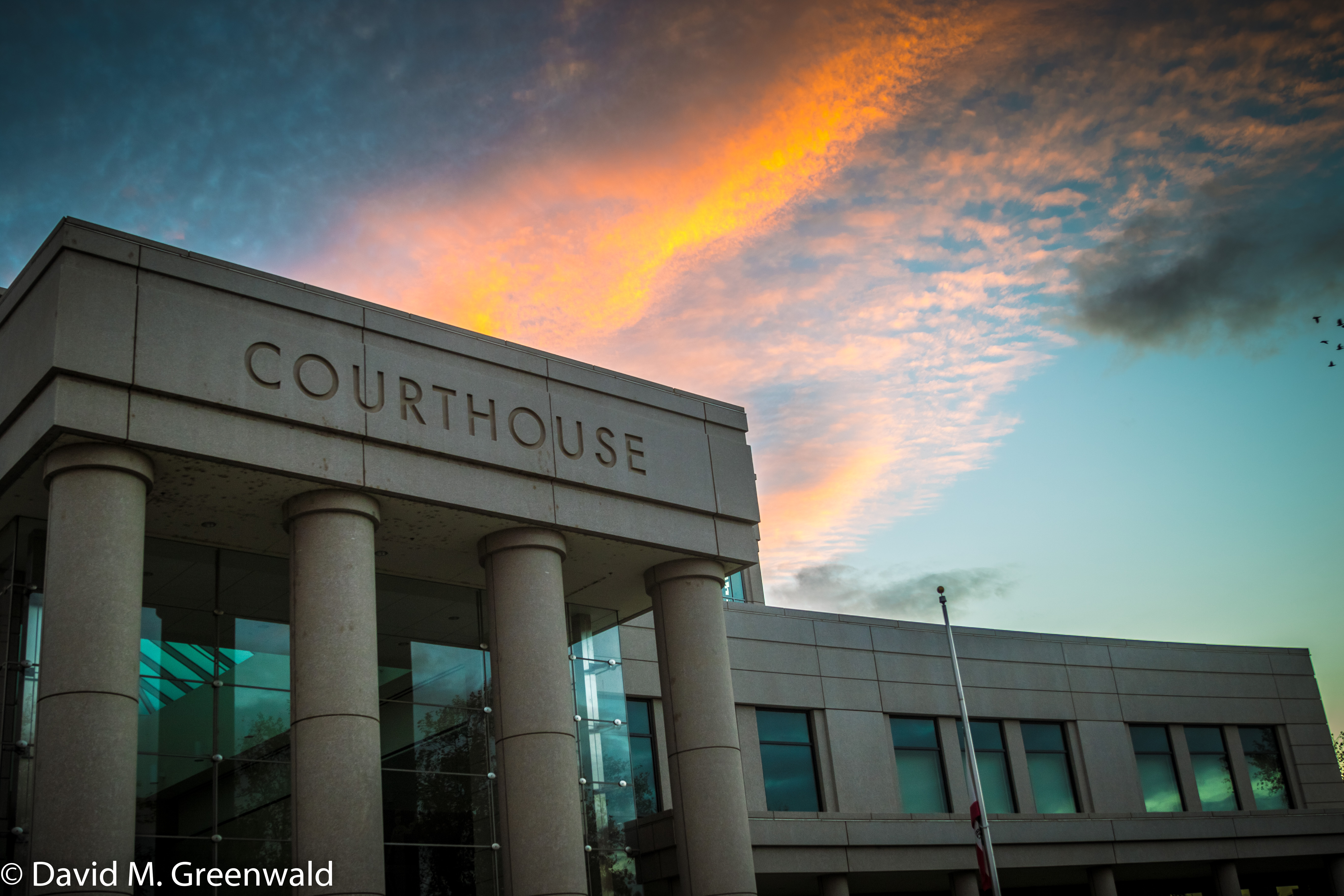
 By Fiona Davis
By Fiona Davis
WOODLAND, CA – During his pre-trial conference held here in Yolo County Superior Court Wednesday, a defendant charged with domestic assault claimed the police department involved in his arrest was refusing to return his phone to him, making the defendant struggle to attend court virtually and contact his attorney.
“That phone is extremely detrimental to my situation,” he stated emphatically before the court.
The defendant in question, Nathaniel Sullivan, is alleged to have domestically assaulted a female victim, using a baseball bat to strike her in the head, and stabbing her multiple times with a knife.
While this instance of alleged violence is the first one to be reported by the victim, the report from the West Sacramento Police Department details past unrecorded instances of abuse, involving Sullivan punching, kicking, biting, and stabbing the victim.
Following the reported incident, Sullivan was charged with domestic violence with the use of a deadly weapon, false imprisonment, and several counts of assault. The defendant has pleaded not guilty to all charges.
 On Wednesday, Judge David W. Reed of Yolo County Superior Court oversaw the defendant’s pretrial conference. This court session, occurring two weeks before Sullivan’s preliminary hearing on Aug. 11, was scheduled to address a “cell phone issue” that had been discussed in previous hearings.
On Wednesday, Judge David W. Reed of Yolo County Superior Court oversaw the defendant’s pretrial conference. This court session, occurring two weeks before Sullivan’s preliminary hearing on Aug. 11, was scheduled to address a “cell phone issue” that had been discussed in previous hearings.
The defendant, who attended court virtually, stated that the West Sacramento Police Department had previously taken his phone, and had recently told him they would not give it back until they received permission from the District Attorney’s office.
Sullivan explained that, without his phone, he was consistently struggling to adequately participate in the proceedings for his trial. For just his court appearance on Wednesday, he had to use a “stranger’s phone,” and was unable to contact and update his lawyer prior to the pretrial conference.
In response to Sullivan’s statement, defense attorney Richard Van Zandt asked to submit an order for the return of his client’s phone by the end of that day.
Deputy District Attorney Michelle Serafin expressed confusion over the police department’s stance. Even as she reviewed her notes, she was unable to find any reason as to why police officials had the phone, or if they had any past or future plans to search the phone.
She stated to Judge Reed, “I don’t know of any reason why … we shouldn’t be able to return the cell phone.”
However, Serafin also appeared hesitant to support the return of the defendant’s property, and said she wished to contact one of the officers involved in Sullivan’s case before agreeing to anything.
“I want to make sure there’s not something that I’m missing,” Serafin said.
Judge Reed initially supported the prosecution’s need to check with officials, scheduling a continuance of two days in order to provide Serafin with enough time to contact the West Sacramento police officer.
However, just before this could be officially scheduled, defendant Sullivan spoke up. He stated his current living situation—which involves visitations with his children monitored by Child Protective Services, limited access to bus passes, and a tent he currently resides in—made it difficult to get the phone in that timeframe.
“I won’t be able to get the phone in two days,” he told Judge Reed before asking for an earlier date.
In response to his client’s request, Van Zandt suggested reconvening later that same day, and said that the prosecution would have “adequate time” to speak with the officer involved.
With this proposed resolution, the defense attorney also argued that the police likely had no plans to search the contents of the phone, and therefore had no reason to have the defendant’s personal property.
“[A search] hasn’t been done in weeks,” he emphasized.
After Serafin expressed her support for the earlier date, Judge Reed scheduled for both sides to return to court in the afternoon in an attempt to resolve the matter.
“Maybe we can get an answer today,” he stated before moving on to a different case.
Despite this, as of right now, it is unclear whether the defendant’s cell phone has been returned to him.
